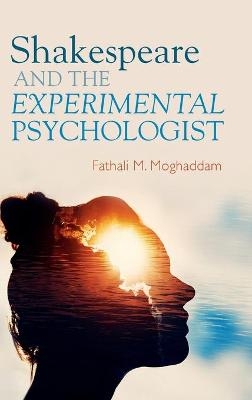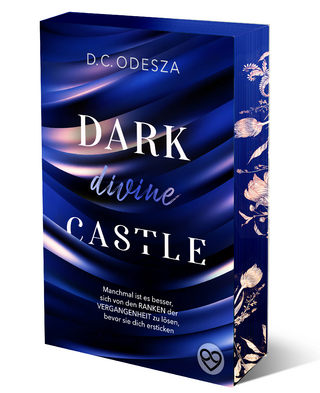
Shakespeare and the Experimental Psychologist
Seiten
2021
Cambridge University Press (Verlag)
978-1-108-49150-1 (ISBN)
Cambridge University Press (Verlag)
978-1-108-49150-1 (ISBN)
The thought experiments in Shakespearean plays show how the roots of experimental psychology are found in early modern literature. Thought experiments also play a pivotal role in science. By exploring the role of thought experiments in experimental psychology and literature, this book develops a holistic approach to understanding human behavior.
Gain a better understanding of human behavior by exploring thought experiments in Shakespearean plays and the historical roots of experimental psychology within early modern literature. This book combines scientific psychology with English literature to discuss thought experiments in selected Shakespeare plays and examine the central role of thought experiments in the natural sciences. Thought experiments are essential for progress in scientific research. Indeed, Albert Einstein and a number of other leading scientists relied almost exclusively on thought experiments. Thought experiments also play a pivotal role in English literature, particularly in Shakespeare plays. By focussing on thought experiments and experimental psychology's place within early modern English literature, the volume establishes a more wholistic approach to understanding human behavior.
Gain a better understanding of human behavior by exploring thought experiments in Shakespearean plays and the historical roots of experimental psychology within early modern literature. This book combines scientific psychology with English literature to discuss thought experiments in selected Shakespeare plays and examine the central role of thought experiments in the natural sciences. Thought experiments are essential for progress in scientific research. Indeed, Albert Einstein and a number of other leading scientists relied almost exclusively on thought experiments. Thought experiments also play a pivotal role in English literature, particularly in Shakespeare plays. By focussing on thought experiments and experimental psychology's place within early modern English literature, the volume establishes a more wholistic approach to understanding human behavior.
Fathali M. Moghaddam is Professor of Psychology and Director of the Interdisciplinary Program in Cognitive Science at Georgetown University, USA. Since 2014, he has served as Editor-in-Chief of Peace and Conflict: Journal of Peace Psychology (an APA journal). His extensive publications include over thirty books and approximately 300 papers.
Preface; Acknowledgements; 1. Introducing Shakespeare's psychological thought experiments; 2. Experimental research; Part I. Thought Experiments Involving Plays within Plays: 3. Hamlet; 4. Henry IV-Part- I; Part II. Thought Experiments and the Power of Context: 5. The Tempest; 6. As You Like It; 7. King Lear; 8. Othello; 9. Richard III; 10. Macbeth; 11. Julius Caesar.
| Erscheinungsdatum | 04.06.2021 |
|---|---|
| Zusatzinfo | Worked examples or Exercises |
| Verlagsort | Cambridge |
| Sprache | englisch |
| Maße | 158 x 157 mm |
| Gewicht | 480 g |
| Themenwelt | Literatur ► Lyrik / Dramatik ► Dramatik / Theater |
| Geisteswissenschaften ► Psychologie ► Allgemeine Psychologie | |
| Geisteswissenschaften ► Psychologie ► Test in der Psychologie | |
| Geisteswissenschaften ► Psychologie ► Verhaltenstherapie | |
| ISBN-10 | 1-108-49150-2 / 1108491502 |
| ISBN-13 | 978-1-108-49150-1 / 9781108491501 |
| Zustand | Neuware |
| Informationen gemäß Produktsicherheitsverordnung (GPSR) | |
| Haben Sie eine Frage zum Produkt? |
Mehr entdecken
aus dem Bereich
aus dem Bereich


